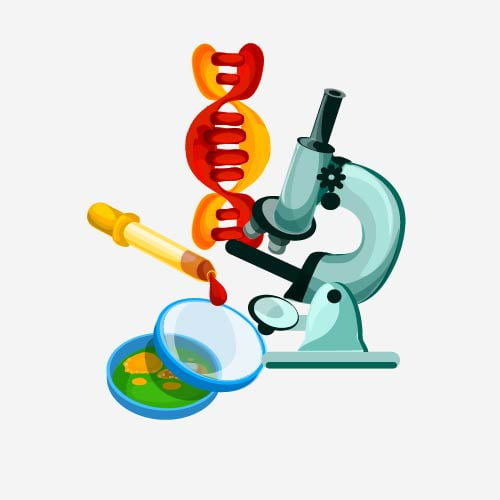By now you might have study â or perhaps found out about â Vanity Fair‘s current takedown of internet dating. The long article is basically an obituary for old-fashioned courtship, which writer Nancy Jo purchases states is over by way of online dating services and cellular applications.
Tinder reacted with an extremely community Twitter meltdown and tongues have already been wagging concerning state of modern matchmaking ever since. Some trust income, although some accept it’s just moral stress and anyone who hasn’t hopped in the Tinder train is probably only too old in order to comprehend it.
Fortunately, a growing human anatomy of scientific scientific studies are focused on internet dating as well as the social modification which comes alongside it. The bad news is actually, also the experts cannot appear to accept one another.
A 2012 research labeled as “trying to find a Mate: The Rise in the Web as a Social Intermediary” discovered no difference in commitment top quality or energy between lovers exactly who met on the internet and lovers which met off. It proposed that relationship and partnership costs may boost, as individuals with smaller swimming pools of prospective mates utilize online dating services to throw broader nets.
Another 2012 study, went upwards by Eli Finkel, determined that many matching formulas don’t work. But also mentioned that “online dating sites provides use of potential associates who individuals will be unlikely to fulfill through other strategies, and this accessibility yields brand-new romantic opportunities.”
A 2013 research on marital satisfaction and breakups deemed internet dating an unequivocally good thing. The investigation ended up being backed by eHarmony, which rightfully has given some readers stop, but was evaluated by independent statisticians just before publication.
An extra research from 2013 evaluated sexual conduct in addition to “hookup society” supposedly propagated by applications like Tinder. After examining a nationwide representative trial of greater than 1,800 18- to 25-year-olds, the research figured this childhood are not significantly a lot more promiscuous than past years. In fact, they may in fact end up being having less sex than their particular predecessors.
Situations had gotten weird in 2014. Utilizing the same information from 2012’s “trying to find a companion” research, a Ph.D. candidate at Michigan county stumbled on the contrary bottom line about internet dating and connection quality. In accordance with her results, web daters are more inclined to date than marry, very likely to break-up quicker, and a lot more very likely to break-up more frequently.
Just how could two researches using the same research reach these different conclusions?
The clear answer is an activity we’ve usually understood: really love is dirty, contrary, and complicated. Decide to try quantifying that and you are sure to be disappointed.
https://www.melbournesingles.org/interracial-gay-dating.html




























